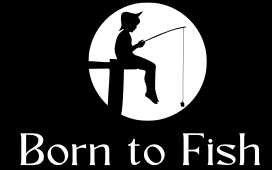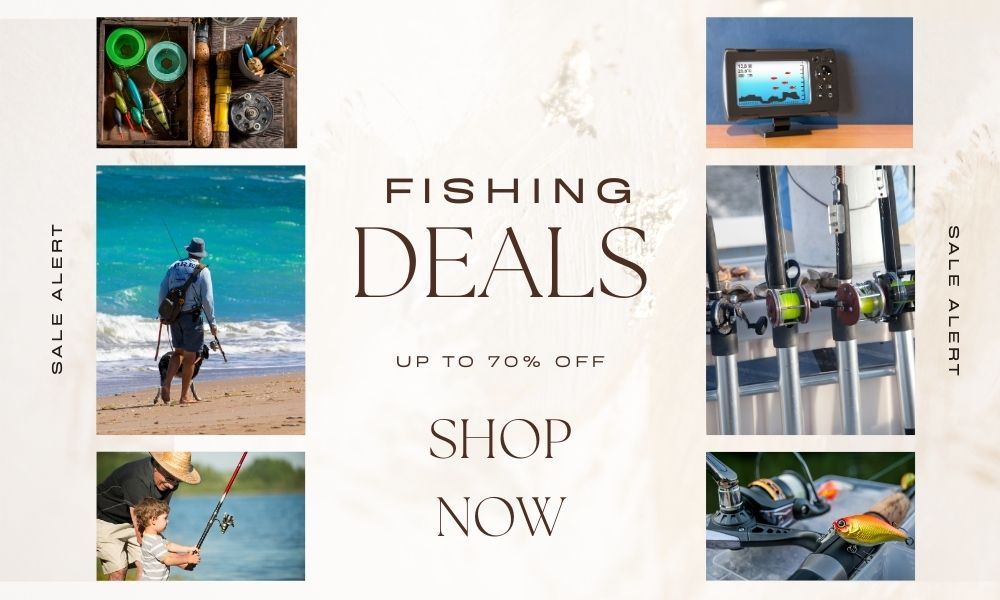Fly fishing is an artful and immersive angling technique that has captivated fishermen for generations. With its graceful casting, delicate flies, and connection to nature, fly fishing offers a unique and rewarding experience. If you’re a beginner looking to dive into the world of fly fishing, this complete guide will provide you with the essential knowledge and skills to get started on your fly fishing journey.
- Understanding Fly Fishing Equipment: To begin your fly fishing journey, it’s crucial to understand the basic equipment you’ll need. This includes fly rods, fly reels, fly lines, leaders, tippets, and flies. Learning about the different components and their purposes will help you make informed decisions when choosing your gear.
- Learning Casting Techniques: Mastering casting techniques is fundamental to fly fishing. The two main casting techniques are the overhead cast and the roll cast. Practice these techniques in an open area, focusing on proper rod movement, line control, and timing. With time and practice, your casting skills will improve.
- Selecting the Right Fly: Matching the hatch is essential in fly fishing. Study the insects present in your fishing area and select flies that imitate them. Common fly patterns include dry flies, nymphs, and streamers. Consult local fly shops or experienced anglers to determine which flies are effective in your fishing location.
- Understanding Fly Fishing Knots: Knowing how to tie essential knots is crucial for fly fishing success. The improved clinch knot, the surgeon’s knot, and the nail knot are a few key knots every fly angler should learn. Practice tying these knots until you can do so confidently and quickly.
- Identifying Fly Fishing Locations: Research and explore fly fishing locations near you. Rivers, streams, lakes, and ponds all offer unique fishing opportunities. Look for areas with good insect activity, suitable fish populations, and easy access for beginners. Local fishing forums and guidebooks can provide valuable insights into productive fishing spots.
- Learning Fly Fishing Techniques: Fly fishing techniques vary depending on the target species and fishing location. Common techniques include dry fly fishing, nymph fishing, and streamer fishing. Each technique has its unique approach and requires different fly presentations. Experiment with different techniques to find what works best for you.
- Understanding Entomology: A basic understanding of entomology, the study of insects, is essential for successful fly fishing. Learn to identify the insects present in your fishing area, their life cycles, and their behavior. This knowledge will help you select the appropriate fly patterns and imitate natural insect movements.
- Practicing Catch and Release: Fly fishing often emphasizes catch and release practices to preserve fish populations and their habitats. Learn proper handling techniques, use barbless hooks, and minimize fish handling time to ensure the fish’s survival after release. Respecting the fish and the environment is vital for sustainable fly fishing.
- Safety Considerations: Before heading out on your fly fishing adventures, prioritize safety. Wear appropriate clothing and footwear, be aware of your surroundings, and take precautions when wading in rivers or streams. Carry essential safety equipment, such as a personal flotation device, a whistle, and a first aid kit.
- Joining Fly Fishing Communities: Fly fishing communities provide a wealth of knowledge and camaraderie. Attend fly fishing workshops, join local clubs, or connect with experienced anglers. Engaging with like-minded individuals will not only enhance your skills but also foster a sense of belonging within the fly fishing community.
- Continued Learning and Improvement: Fly fishing is a lifelong learning process. Stay curious and continue expanding your knowledge through books, online resources, and hands-on experiences. Embrace the challenges, celebrate your successes, and strive to become a more skilled and responsible fly angler.
Conclusion: Fly fishing offers a captivating and immersive angling experience that rewards patience, skill, and an appreciation for nature. With the information provided in this complete guide, beginners can embark on their fly fishing journey with confidence. Remember, it takes time and practice to master the art of fly fishing, so be patient, enjoy the process, and savor the moments spent on the water. Tight lines and happy fly fishing!


